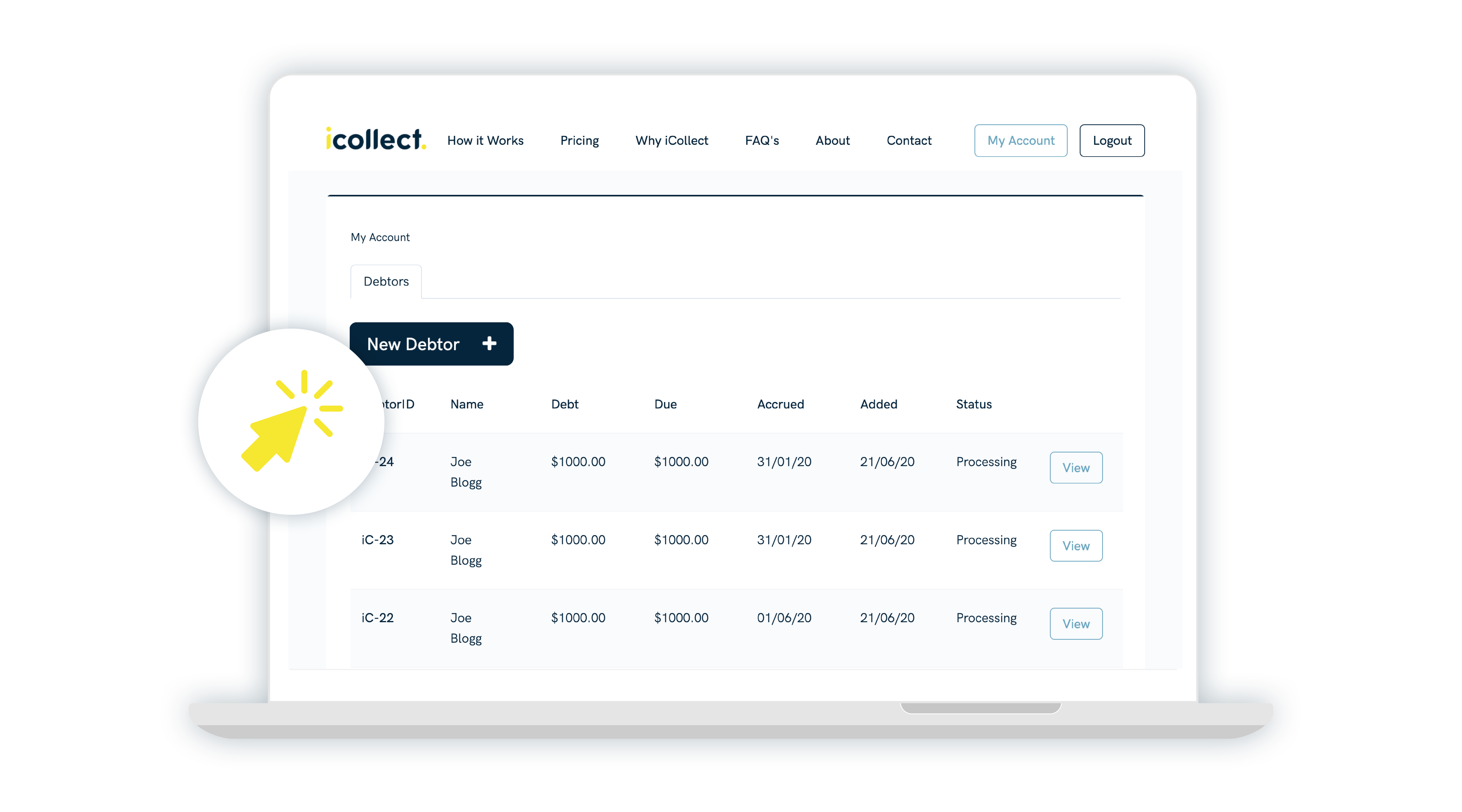The highest percentage of credit card accounts that come past due occurs in the months after Christmas – 7.6 percent of Kiwis pay their credit card bills late. By April, these debts could start being referred to debt collectors.
If you owe money to a creditor and stop making payments, they can take action against you to recover their money. Problems occur when disreputable companies play on people’s fears to get their money back – but if it’s harassment you don’t have to accept it. Debt collectors have no legal right to use scare tactics to demand payment.
Debt collection agencies are heavily regulated so if an agency is chasing you for money and you think they are behaving inappropriately – breaching your privacy or harassing you, question it.
By law a debt collector can’t use physical force, coercion, or unreasonably harass your family. They also can’t mislead or deceive you or take advantage of vulnerability such as a disability. A debt collector can’t visit your workplace and tell your boss about your debt without your permission.
Most importantly, if a debt collector breaks the rules, you have the right to complain. If they are claiming unreasonable debt collection fees or misleading you into believing that you are required to pay fees when you are not, you may be able to take them to court for breaching the Credit Contracts and Consumer Finance Act or the Fair Trading Act. Or, you might be able to complain to the Office of the Privacy Commissioner if they have broken the privacy laws.
The bigger professional debt collection agencies are unlikely to behave this way however some low level debt collectors may bank on the debtor’s lack of knowledge about their rights – so make sure you know yours.
